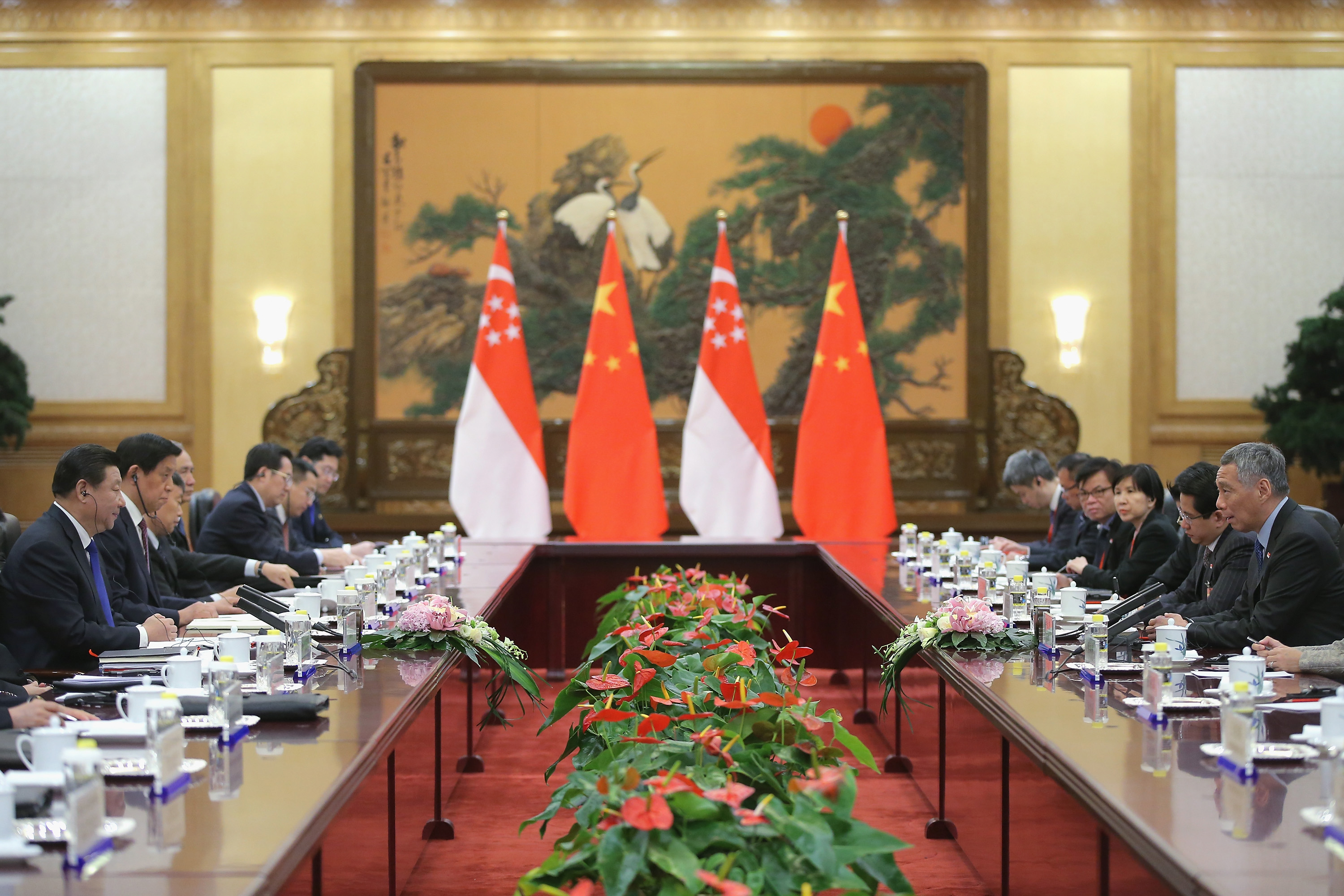Singapore-China relations have gone through some tough times in recent years, as both countries sought to navigate a rapidly changing geopolitical environment and also manage differences over regional issues like the South China Sea dispute.
Given the historically close relationship between the two countries, especially among its people, it is quite natural for the bumpy relationship to impact public sentiments on both sides.
Singapore No Longer Has Unique Influence
So what do young Chinese think about Singapore?
An informal survey on impressions of Singapore, conducted by young people in the International Department of state media People's Daily proffers some interesting perspectives.
According to the survey, Singapore will no longer have "unique influence" over China, and the bilateral relationship is evolving to become a "normal" one.
Senior editor of People's Daily's International department Wang Tian had shared these perspectives among many, gleaned from surveying 50 participants aged between 20 and 35 from Beijing and Guangzhou in her speech made at the inaugural Zaobao Singapore-China Forum held in Jul 2017.
She thinks Singapore should take these views seriously.
"Young Chinese in their 20s and 30s are a brand new generation who grew up in an era which saw the boom of China and its national power. They are upbeat about the country and its future. Many of them are hard-working, well-travelled and have their very own insights of the relationships between China and the world. Biased they may seem, but these views are not to be overlooked, because the future is in the hands of this generation."
Insightful and Pointed Views
Describing the views as "insightful and pointed", Wang was "shocked" by how young Chinese could see both the "strengths and weaknesses" of Singapore, as well as its "ambitions and its dilemma".
Here are a sample of the views found in the survey:
On Singaporeans
- Hard-working, pragmatic and non-romantic, like the industrious A-student who is highly self-disciplined but lacks creativity
- High level of crisis-consciousness, eager to advance oneself
- There is racial harmony among different races, although people are apathetic
- Young Singaporeans have a sense of superiority and are a "bunch of bananas"
On Singapore's Foreign Policy
"Singapore’s foreign policy is pro-west, or even “anti-Chinese”, with a sense of animosity following the rise of China. They feel that Singapore-China relations have, in reality, fallen behind ASEAN-China relations. They noted that Singapore’s leaders were absent from this May’s Belt and Road Forum for International Cooperation held in Beijing, although its business community welcomes the Belt and Road initiative.
The unique influence which Singapore used to exert during China’s economic reform days is unlikely to continue. The relationship between Singapore and China is evolving towards one that is between China and a “developed ASEAN country”, in other words, like “a normal inter-state relationship”. They also feel that Singapore‘s influence in the region is decreasing."
[related_story]
What next?
Looking ahead, Wang believes that there are two issues that Singapore has to grapple with:
How to uphold the "balance of powers strategy"
"A small state can influence with diplomacy in a prominent way, as Singapore did in the past. A small state should also be steadfast in upholding its principles, and there is nothing wrong in Singapore, as a small Southeast Asian country, looking to balance the influences of major powers in the region for its benefit and the region’s benefit. The key here is “balance”, which if wrongly tilted, will bring harm upon itself."
How to strengthen communication and understanding between Singapore and China
"Singapore can engage in more publicity campaigns in China so that more Chinese will learn to appreciate Singapore as a multi-racial, multi-cultural and multi-religious society, and not an “ethnic Chinese society"
"Singapore should also do more to promote cultural exchange between the two countries, for better understanding, less misunderstanding and enhanced co-operation. Media from both sides have an important part to play as well."
Against the backdrop of a recent event and also the debate about Singapore's foreign policy, it is perhaps useful to reflect on what Wang said.
You can read Wang's full speech here.
Here are some equally interesting but totally unrelated stories:
10 investment terms to know so you can finally read annual reports in peace
5 so-called crazy things people could do if they were given $100,000 to save the environment
How to not ruin your holiday when signing up for tour packages
Who looks after our ailing seniors outside of general hospitals?
Top photo by Feng Li from Pool/ Getty Images.
If you like what you read, follow us on Facebook, Instagram, Twitter and Telegram to get the latest updates.


